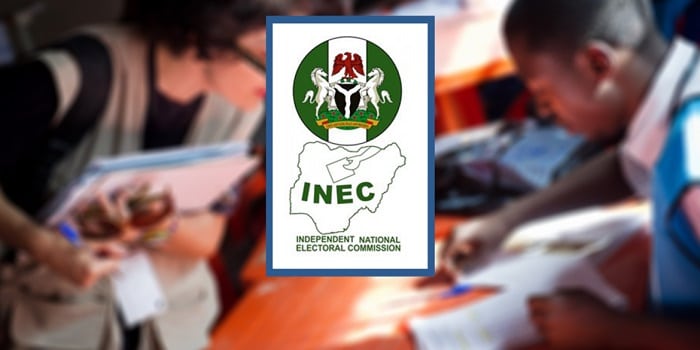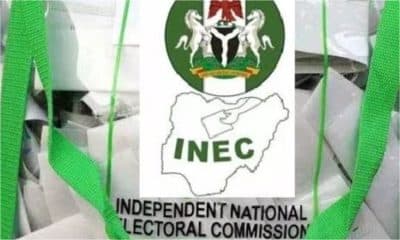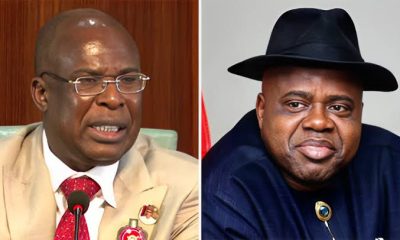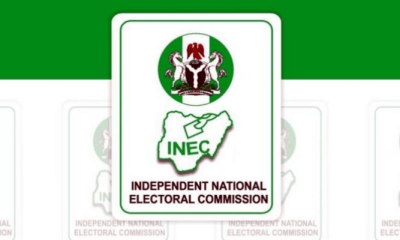2023 Election
Mock Accreditation: Don’t Disenfranchise Nigerians – INEC Asked To Tackle Challenges Ahead Of Polls

Following what the Independent National Electoral Commission (INEC) described as a successful mock accreditation, a call has gone out to the commission to address the challenges from the exercise in other not to disenfranchise some Nigerians.
Naija News reports that an election monitoring group identified as Yiaga Africa called on INEC, over the weekend, to look into the challenges that were identified from the mock accreditation exercise that held February 4, 2023.
According to the group, challenges witnessed in the mock accreditation if not addressed can disenfranchise people on the Election Day.
The Executive Director of Yiaga Africa, Samson Itodo said the underlying challenges with the relocation of voters to new polling units without notice to the voters by INEC was part of the challenges identified.
Naija News reported on Saturday that YIAGA Africa scored the Bimodal Voter Accreditation System (BVAS) devices to be used in the conduct of the forthcoming election by INEC 98%.
It was gathered that YIAGA Africa in its published findings on the mock accreditation exercise recently conducted by INEC revealed that the BVAS functioned properly in 98% of polling units, while it malfunctioned in 2% of places where the hitches were fixed.
The report was said to have identified the issue of missing names on the voters’ register as a major challenge faced during the exercise.
It observed that “Missing names were also reported with voters in 11 per cent of polling units, whose names were not found on the voter register and the BVAS denied accreditation.
“Yiaga Africa observers reported cases of missing names from the voter register. In 11 per cent of polling units, voters whose names were not on the register of voters and the BVAS were denied accreditation.
“55 per cent of observers indicated they were very satisfied with the conduct of the mock exercise, 40 per cent of observers reported they were satisfied and, four per cent of observers indicated they were not satisfied with the conduct of the mock accreditation exercise.”
However, it was learnt that Itodo, while reacting to the outcome of the report from the exercise during the presentation of the organisation’s report on BVAS testing, Mock Accreditation and Electronic Transmission of accreditation data it monitored, noted that the organisation discovered that BVAS machines could not recall biometrics of some voters that registered in 2011, a development that can create problems on Election Day.
The Yiaga Africa, who proposed that INEC should look into those issues before the polls, submitted: “While commending INEC for the redistribution of voters, it is imperative for INEC to notify voters affected by the migration to avert tension and chaos that could snowball into violence on Election Day. During the mock exercise, the BVAS declined to accredit some voters who showed up at the polling units stated on their INEC-issued PVCs. Their names were not found on the BVAS for the polling unit because they have been migrated to new polling units without notice.
“It is obvious; some voters will face challenges locating new polling units assigned to them by INEC on Election Day. Therefore, efforts must be made to inform the affected voters and assist them with locating the new polling units.”








